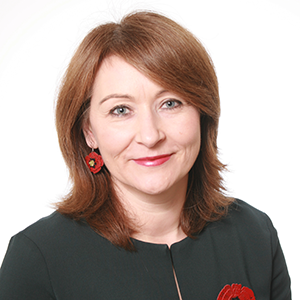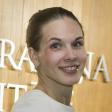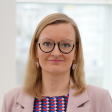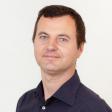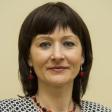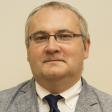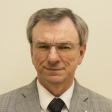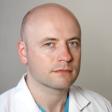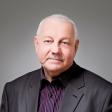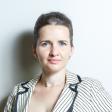Law
Prepares highly qualified, internationally-recognised legal scholars and teachers.
Programme Fact File
Law
accredited until
Doctoral Degree (PhD) in Social Sciences
Aim
The aim of the programme is to prepare high-level specialists in the field of law, doctors of science, and highly qualified researchers who can conduct independent scientific research, analyse and resolve complex legal challenges with an interdisciplinary approach and adapt to changing social settings. They will be able to make use of the latest scientific methods and approaches to provide solutions to challenges, offering innovative, proportionate ideas for the development of the legal framework that are in line with public interests.
Objectives
- To deepen knowledge of the interdisciplinary nature of the legal framework, various interpretations of the legal framework and methodology of law within the scope of different sub-disciplines of law;
- To develop skills to critically evaluate legal challenges and propose solutions from the perspective of several sub-disciplines of law, as well as the skills to develop innovative scientific research according to the needs of society, and to propose new concepts for the improvement of the legal framework;
- To cultivate scientific discussions and improve presentation skills by participating in discussions with industry professionals and the public, presenting research on issues of public interest.
Erasmus+ conditions and RSU partner universities
Testimonials
Law is always related to development, new knowledge. It is strongly influenced by our changing legal reality, which requires continuous learning and self-improvement. Doctoral studies are the next step after graduating from the Master’s programme to increase own competitiveness, improve in the academic and research field and find an opportunity to defend a doctoral thesis. Undoubtedly, during your studies you will face many new responsibilities and challenges, but this will allow you to succeed and achieve your goals. Our doctoral students can improve competences that fosters accountability for performance in legal activity areas, innovations in the respective field of law, research and further learning in complicated and unpredictable conditions, using new approaches. Doctoral students are given the opportunity to learn in depth the study courses selected in a sub-field of law, prepare for academic work in an institution of higher education, master the latest research methods in fields of law and skills to use them in practice, as well as learn the latest information technologies, research planning, data processing and presentation techniques, acquire the ability to develop teaching aids, study course programmes and improve them, develop and prepare to defend a doctoral thesis for the acquisition of a doctoral degree in law in order to acquire knowledge, skills and attitudes that allow them to successfully perform scientific research in the field of law.
See you at Rīga Stradiņš University!Prof. Sandra Kaija, lecturer
When I was thinking about how to answer to the question 'Why am I pursuing doctoral studies at RSU,' I realised that the choice in favour of getting a doctoral degree just made sense to me. Each successive study level reveals a broader potential. At an undergraduate and postgraduate level, the emphasis is on developing and improving knowledge and skills, while doctoral studies focus on creativity. It is a fantastic opportunity to create something new by addressing an existing problem and helping other people. Moreover, in the process of creating something new, every doctoral student receives the advice and support of the strongest professionals and experts in the field. I cannot think of better conditions to explore and create something new and necessary! Doctoral studies broaden your horizon in general, not just on your chosen research topic (in my case, personal data protection). Nowadays, with lifelong learning playing an increasingly important role, it is important not to stop at what has already been achieved in the field of education and to keep looking for new challenges – doctoral studies are perfect for this.
Marta Mackeviča, graduate
